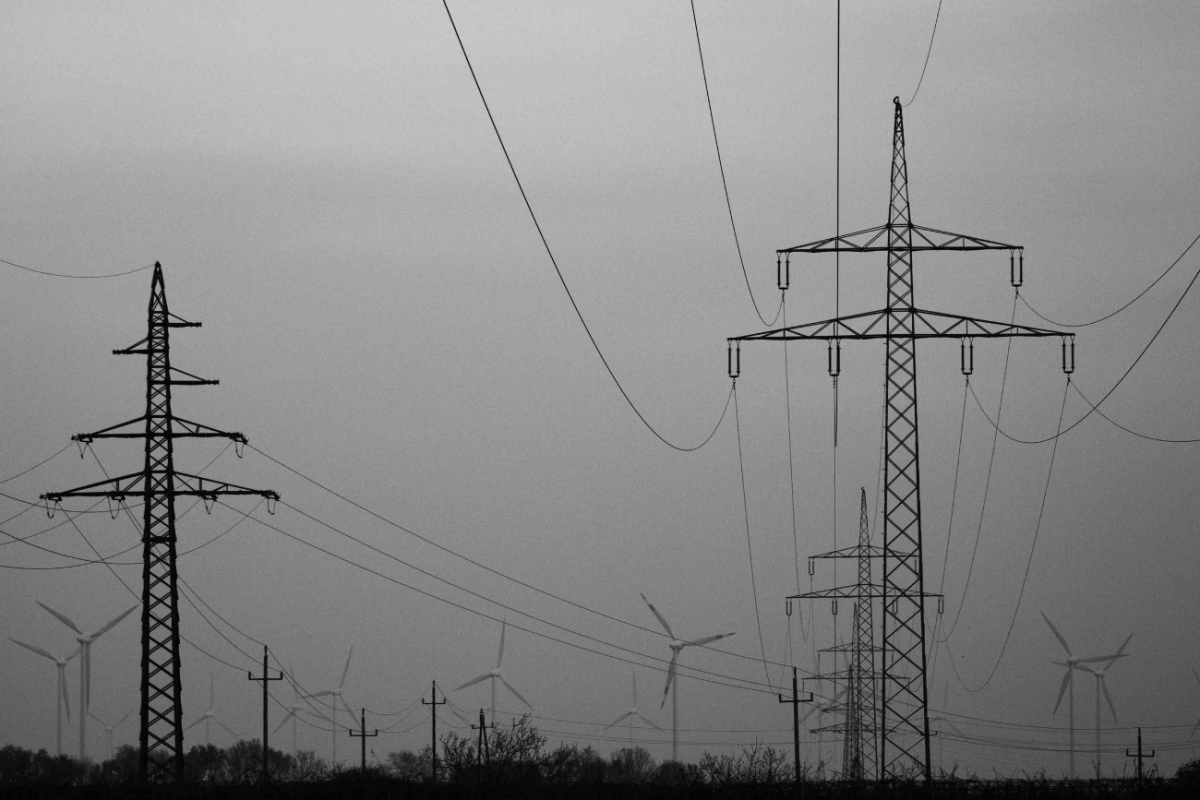About IRENE
Motivation
The societal and economic consequences of power outages can be severe, in particular if the last longer than a few hours. If appropriately enabled highly decentralized energy system of future smart cities that use energy resources from wind, sun, and cogeneration can be used to mitigate the impact of such outages.
Goals and objectives
Enable a highly robust and highly available power supply for smart city scenarios utilizing a multi-disciplinary problem definition and solution approach.
IRENE targets to:
- Identify security threats and their impacts on critical infrastructures.
- Define technical means of utilizing distributed energy generation, storage and demand flexibility to increase power availability for critical infrastructures.
- Identify procedures and incentives to allow increased power availability for critical infrastructures.
- Develop tools that help city planners and distribution system operators to guide the planning/deployment of smart grid functions needed to optimize power availability for critical infrastructure.
The aim of IRENE is to develop a collaboration framework that allows cities for different faults/attack scenarios to collaborate with their stakeholders
- to mitigate security risks in energy systems,
- to understand minimum operational power requirements and system dependencies
- to create decentralised energy inventory and support the sharing of power if needed in an equitable and fair way for all city stakeholders
Expected outcomes
The IRENE framework will include
- A quantitative model-based security and dependability evaluation of example use cases to understand cascading effects of the Smart Grids and connected infrastructures
- New means to stop cascading energy system/energy dependent system failures that are initiated either deliberately or accidentally by
- utilizing islanding of both grid and ICT infrastructure (continuing operation autonomously), and
- relying on energy storage and production capacity of buildings to maintain island grid operation.
- Concepts of reduced supply demand flexibility that ensure sparse energy resources in islanding to be consumed by most critical infrastructures
